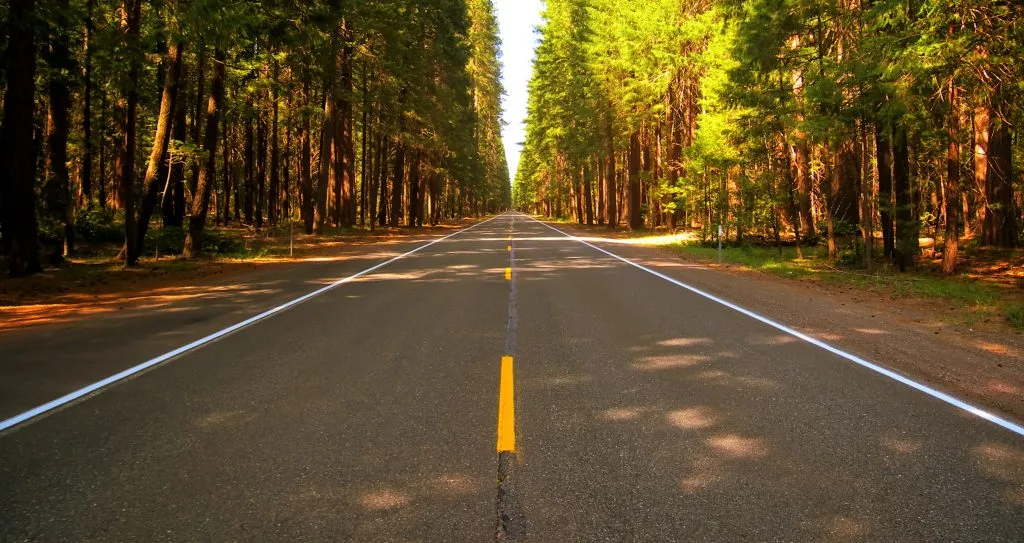In rural, suburban, and urban areas, municipalities across the country are less and less likely to take responsibility for new roads. This means that private roads maintained by homeowners have become increasingly common.
Many homeowners do not realize that they reside on a private road — because not all private roads are “dirt roads”. In fact, most golf and condo communities have beautifully landscaped and paved private roads, as do many gated neighborhoods.
Private road maintenance is best addressed in a comprehensive manner. That’s because private roads are often not built to local Department of Transportation standards. The laws on private road construction are quite different — particularly in areas where growth has fueled residential building booms. The result is that private roads may need more frequent and more extensive maintenance due to cost-cutting during the initial construction. This can turn private road maintenance into a ticking time bomb for the residents who need to drive on them — and for the HOAs that have the responsibility to maintain them. It’s no wonder, then, that a record(??) Private Road Maintenance Agreement is an essential requirement for many commercial mortgage lenders and government agencies, including HUD, Fannie Mae, USDA, FHA, VA, and more.
Let’s look at some of the key areas of concern typically covered in these agreements:
What parts of road maintenance are covered?
The private roads are just the beginning. Parking lots and sidewalks will also require a maintenance plan — and each has its own particular requirements, from sealing to paving to working with concrete or even landscaping hardscape. Finally, common areas, such as pool decks or tennis courts, need maintenance, too!
What types of services might an HOA road maintenance agreement include?
Here again, the range of services needs to be as broad as the types of surfaces needing upkeep. Asphalt maintenance involves sealing, patching, paving and reconstruction, and eventually replacement. Concrete & cement work require their own set of materials and equipment to keep sidewalks and common areas safe for pedestrians. Brickwork and masonry upkeep are also typically part of the mix.
How is the road maintenance agreement funded?
Whether we look at roads, sidewalks, or common areas, the issue of “public safety” is generally a primary requirement of the HOA’s responsibility to keep it all well-maintained. And, in the face of unforeseen damage (often from natural forces such as severe storms, floods, or freezes), remediation costs can overwhelm any budget. That’s why many HOA Road Maintenance Agreements include a reserve fund. And new projects can sometimes be funded — at least in part — by government or agency grants.
The importance of HOA road maintenance
Private road maintenance is important for a number of reasons. It’s a significant component of property value. That’s why it’s called “curb appeal”! Clean roads not only look good, they’re safer. And potholes or sections of missing pavement can damage residents’ vehicles — leading to litigation that everyone wants to avoid.
GPM serves as the primary contractor for HOA Road Maintenance Agreements throughout the Central Coast. We take this responsibility seriously and have the equipment and expertise to handle most surfaces. Call us today to discuss your needs.

